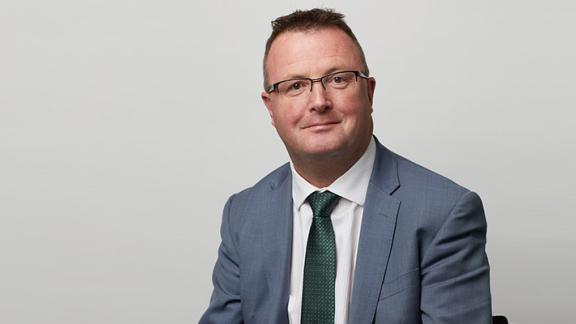Supporting staff in primary care must be at the heart of the ten-year mental health plan

If we truly want to transform mental health in the next ten years we must not turn a blind eye to the workload and morale crisis for GPs, writes Lucy Marks MBE, and clinical psychologists embedded in primary care could help.
The strongest predictor of living with good health and wellbeing into older age is the quality of our relationships. The Harvard Study of Adult Development showed that being in a securely attached relationship is protective, and that feeling that you have someone you can count on in times of need is key. We also need to feel securely attached to our workplace in order to thrive, with a sense of belonging that comes from knowing that what we do is valued and that our concerns will be heard. Work is protective of our mental health. Except, that is, when it isn’t. The mental health of those in jobs of the poorest psychosocial quality is comparable or worse than those who are unemployed (Butterworth et al. 2011).
When staff talk about the anxiety that inevitably arises out of the work, this needs to be met with interest and curiosity
We need to make sure that in the NHS we have a culture that promotes health and psychological wellbeing for patients and staff, where talking about vulnerability is seen as a strength for both. When staff talk about the anxiety that inevitably arises out of the work, this needs to be met with interest and curiosity.
Primary care and mental health
Primary care is the place where we all need to be able to go to address physical and mental health needs. Patients need to feel they are welcomed and that their concerns will be met with interest and compassion. In my experience, working as a clinical psychologist in primary care for over 30 years, so many GPs and primary care staff are naturally very good at this. But when GPs are faced with impossibly high workloads, it is hard to have the time and emotional capacity to really listen to patients, and if their morale is very low this is practically impossible. We know that about 40 per cent of GP consultations involves mental health. And managing increasing numbers of patients with mental health problems is one of the factors contributing to high levels of stress in GPs according to RCGP Scotland. Part of what creates low morale is feeling there is no hope that things will improve, and this has contributed to many GPs wanting to cut their hours, retire early, or leave their NHS roles altogether (BMJ).
If we really want to see high-quality mental health services in ten years’ time … we need to create new and innovative solutions to better support GPs and their patients
The new ten-year mental health plan needs to urgently address this situation. If we are serious about wanting to improve the quality of services we need to attend to workforce issues in primary care, including ensuring there are sufficient numbers of staff. We also need to attend to their emotional lives, by providing opportunities to think and reflect, as well as providing advice, support and more referral options to manage patients they may be struggling with. This is even more urgent given the current levels of unmet needs that have been exacerbated by the effects of the COVID-19 pandemic. If we really want to see high-quality mental health services in ten years’ time that brings together physical health and mental health, we need to create new and innovative solutions to better support GPs and their patients.
GP morale and patient outcomes
I have recently led a review of primary care clinical psychology for the British Psychological Society’s Division of Clinical Psychology. It shows that access to clinical psychologists in GP practices can have a positive impact on GP morale and patient outcomes, with a reduction in demand for GP appointments by particular patients. The psychology offer includes both direct clinical care for patients who might otherwise have slipped through the net, and practical specialist advice and support for GPs and other primary care clinicians to develop management plans for patients with more complex problems, bringing together physical and mental health. Many patients require more specialist mental health input, and this can present challenges for GPs who can find themselves spending significant amounts of time identifying where to access appropriate help for these patients and chasing referrals.
We know there is enormous and urgent need for more and appropriate mental health provision across the UK and that primary care surgeries are on the front line. It is more important than ever to provide support to GPs and primary care practitioners in order to help them manage some of the effects of the current workload crisis, and at the same time support those patients whose physical and psychological needs, which often overlap, are not being met.
Lucy Marks MBE, consultant clinical psychologist. You can follow Lucy on Twitter @LucyMarksMBE



